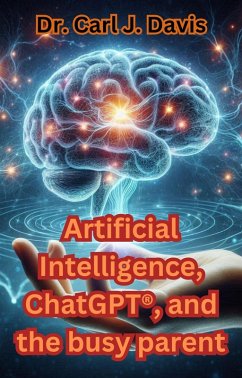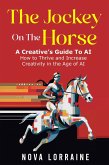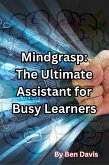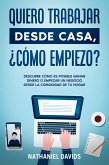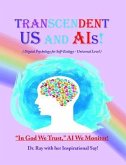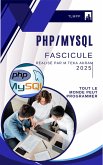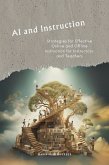This book delves into the ethical implications of AI-generated content, emphasizing the importance of critical evaluation, proper attribution, and transparency in integrating AI results. Learners are guided through understanding AI-generated content, contextualizing its relevance, and verifying its accuracy to ensure academic integrity and reliability.
Key topics covered include:
Understanding AI-Generated Content:
Learners learn to critically evaluate AI results, gain contextual understanding, and verify information to discern its reliability and applicability.
Ethical Integration Practices:
Best practices for responsibly integrating AI-generated content, including proper attribution, paraphrasing, and critical engagement, are outlined to uphold academic integrity and originality.
Preventing Plagiarism:
Strategies for avoiding plagiarism when integrating AI results, such as citing sources, documenting methodologies, and seeking peer review, are discussed to promote ethical research practices.
Legal Considerations:
Learners are introduced to legal considerations, including copyright infringement and fair use, and how they apply to integrating AI-generated content in academic work.
By providing practical guidance, case studies, and examples, "Artificial Intelligence, ChatGPT®, and the busy parent" equips learners with the knowledge and skills to responsibly, ethically, and effectively leverage AI technologies in their academic pursuits.
Through adherence to ethical principles, transparency, and accountability, learners can harness the transformative potential of AI in education while upholding the values of academic integrity and ethical scholarship.
Dieser Download kann aus rechtlichen Gründen nur mit Rechnungsadresse in A, B, CY, CZ, D, DK, EW, E, FIN, F, GR, H, IRL, I, LT, L, LR, M, NL, PL, P, R, S, SLO, SK ausgeliefert werden.

